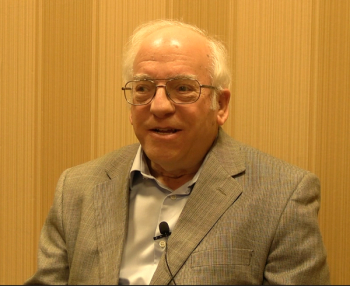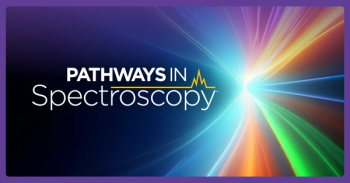
SERS Assay Detects Anthrax Spores in 15 Minutes
A surface-enhanced Raman spectroscopy (SERS) assay that was designed to detect Bacillus anthracis spores was used to selectively bind B. anthracis with a 100-fold selectivity versus B. cereus and to detect B. anthracis Ames at concentrations of 1000 spores per mL within 15 minutes. The assay consisted of silver nanoparticles embedded in a porous glass structure functionalized with peptides distributed throughout a porous glass structure so that sample and reagents can easily flow through.
In a paper titled “Selective detection of 1000 B. anthracis spores within 15 minutes using a peptide functionalized SERS assay,” published in the December issue of Analyst, researchers determined that the SERS assay measurements provide a basis for the development of systems that can detect spores collected from the air or from water supplies.
In their paper, authors Stuart Farquharson, Chetan Shende, Wayne Smith, Hermes Huang, Frank Inscore, Atanu Sengupta, Jay Sperry, Todd Sickler, Amber Prugh, and Jason Guicheteau note that “since the distribution of B. anthracis Ames spores through the US Postal System in 2001, there has been substantial effort to develop technologies that can detect this bioweapon as part of an early warning system.” They conclude that the sensitivity of their SERS assay suggests that an early warning system capable of detecting the required 104B anthracis Ames spores per m3 in ~ 10 minutes could be developed. They note that similar peptide-based SERS assays could be developed for food and waterborne pathogens, provided that the selective peptides and appropriate biomarkers are available.
Newsletter
Get essential updates on the latest spectroscopy technologies, regulatory standards, and best practices—subscribe today to Spectroscopy.




